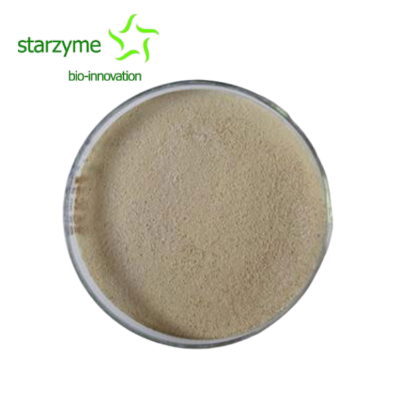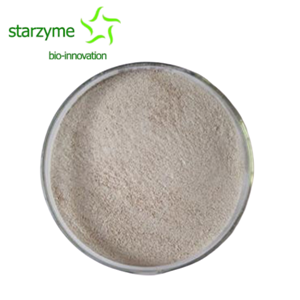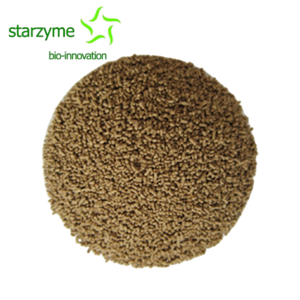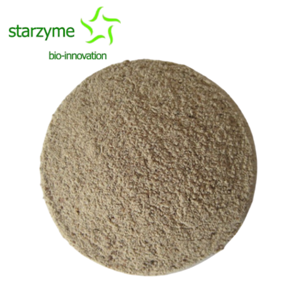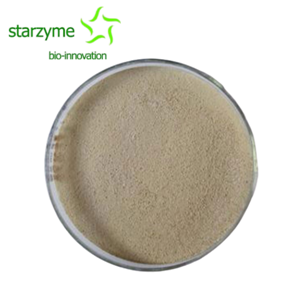Regulating the Microecological Balance of the Digestive Tract with Bacillus coagulans
Regulating the Microecological Balance of the Digestive Tract
The spores of Bacillus coagulans have extremely high stress resistance, which can resist harsh conditions in the digestive tract and play a role in "biological oxygen deprivation" in animal intestines, providing a suitable growth environment for anaerobic bacteria while inhibiting the reproduction of pathogenic bacteria. Bacillus coagulans is a type of lactic acid fermentation, and the lactic acid produced by its metabolism can lower the pH of the intestine, create an acidic environment for the growth of probiotics such as lactic acid bacteria, and have inhibitory effects on pathogenic bacteria. In addition, the bacterium can secrete a coagulation factor during germination, which has strong antibacterial activity and strong inhibitory effects on pathogenic bacteria such as Escherichia coli, Salmonella, and Staphylococcus aureus, playing a key role in regulating the gut microbiota. Adding Bacillus coagulans to the diet effectively prevents enterotoxigenic Escherichia coli infection, reduces piglet diarrhea rates, and improves gut microbiota structure.
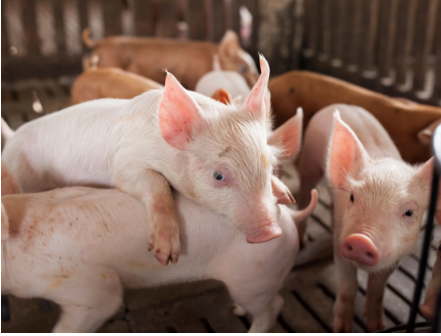
Promote Digestion and Absorption of Nutrients
Bacillus coagulans can produce various digestive enzymes that interact with sugars, proteins, fats, and other components in feed, promoting their breakdown into smaller molecules that are easier to absorb, improving the digestion and absorption of nutrients and the conversion rate of feed. Secondly, it can effectively promote the synthesis and metabolism of vitamins, amino acids, and short chain fatty acids. It can also alter the height of small intestinal villi and crypt depth, promote intestinal digestion and absorption, and inhibit the proliferation of pathogenic bacteria. Bacillus coagulans can secrete various enzymes and synthesize amino acids and vitamins, which helps improve feed digestibility and promote broiler growth.
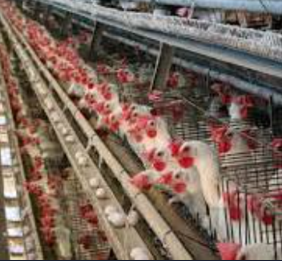
Immune Regulatory Effects
Bacillus coagulans activate the host immune response by releasing inflammatory mediators and cytokines. On the one hand, it can enhance the immune system of the body and increase the activity of phagocytic cells; On the other hand, it can also enhance the defense ability of the gastrointestinal tract and other organs against pathogens, thereby regulating the immune system. In vitro experiments have shown that the supernatant and cell wall components of this bacterium can regulate cytokines, inhibit the production of reactive oxygen species, and enhance the phagocytic function of cells, thereby enhancing intestinal immunity. In addition, the bacterium can also promote the immune response of the gastrointestinal mucosa. Research has shown that adding 2 × 105 CFU/kg Bacillus coagulans to feed can significantly promote daily weight gain in sheep, effectively reduce levels of inflammatory factors in serum, and increase levels of immunoglobulin in serum. In addition, Bacillus coagulans can significantly improve the immune function of immunodeficient mice, while reducing the levels of ammonia and amines in the intestine of normal mice, suggesting its potential protective effect on the host.

